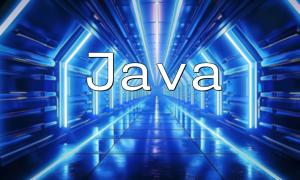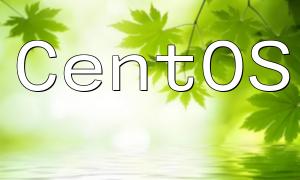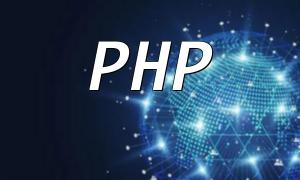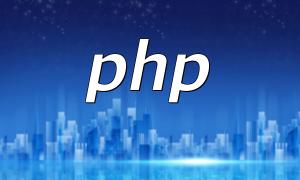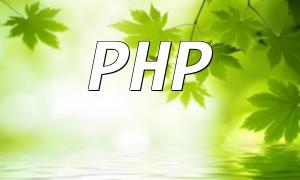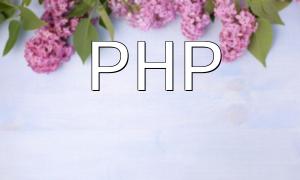PHP is a widely used open-source scripting language especially suited for web development. Its flexibility and ease of use make it a preferred choice for many developers. The rich ecosystem and various frameworks like Laravel and Symfony further enhance development efficiency and ease of project maintenance.
Mastering the following best practices helps create higher quality PHP code:
The PSR-1 and PSR-2 coding standards introduced by PHP-FIG ensure consistent code style, improving readability and maintainability. Developers are encouraged to strictly adhere to these standards to establish disciplined coding habits.
Modern frameworks integrate rich functionalities that simplify code structure and enhance security. For example, the Laravel framework provides concise database operations and routing management, effectively speeding up development.
Security is an essential aspect of PHP development. Using prepared statements to prevent SQL injection and validating and filtering user inputs can effectively protect applications from attacks and safeguard data.
Performance optimization is key to developing efficient applications. Consider the following methods:
Implementing caching mechanisms like OPcache or Memcached can significantly boost response speed, reduce database load, and enhance overall system performance.
Using the MVC (Model-View-Controller) design pattern helps separate business logic from the interface, improving code organization and maintainability.
Leveraging abundant online tutorials, professional books, and active developer communities allows continuous skill improvement, experience exchange, and collaborative problem-solving.
Mastering PHP development requires ongoing learning and practice. Following coding standards, utilizing modern frameworks, focusing on security, and optimizing performance can effectively enhance code quality and application stability. Continuous exploration and accumulation will help you become an excellent PHP developer.


